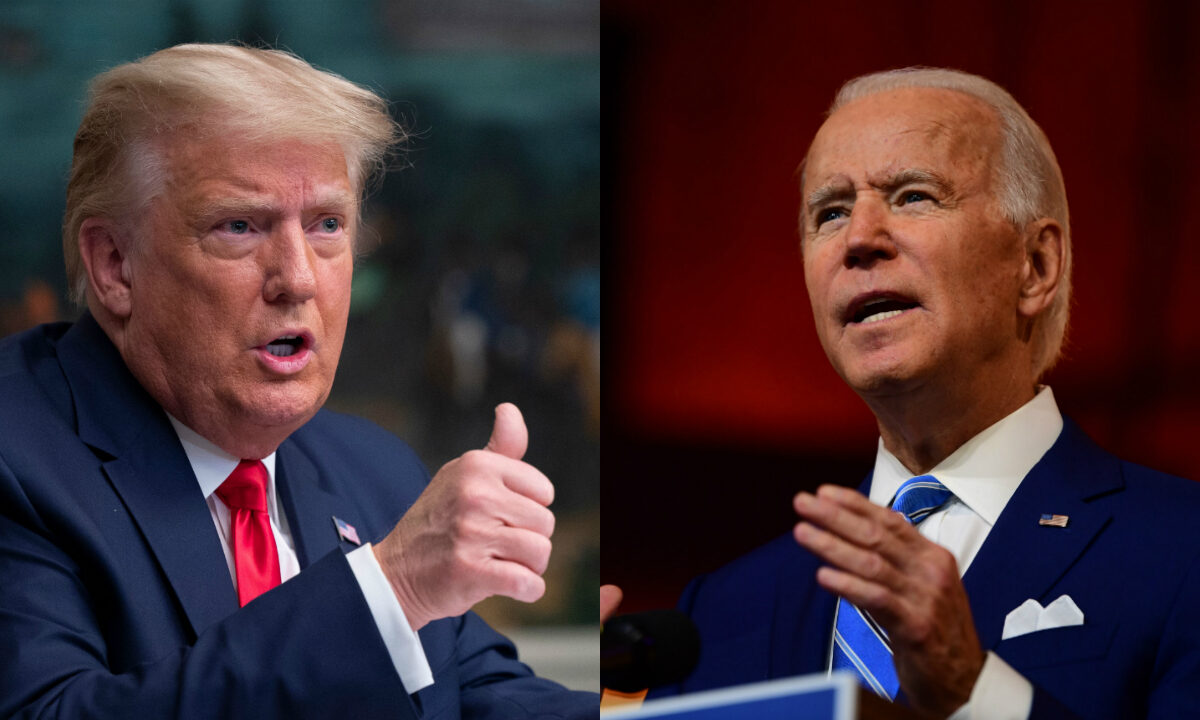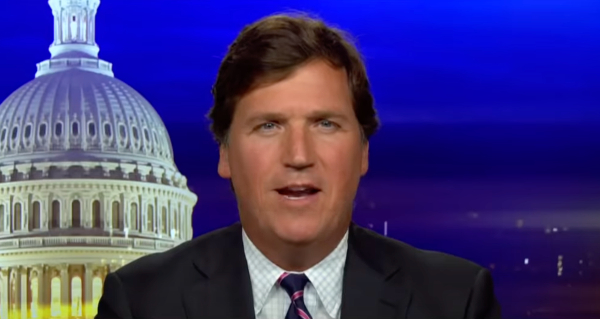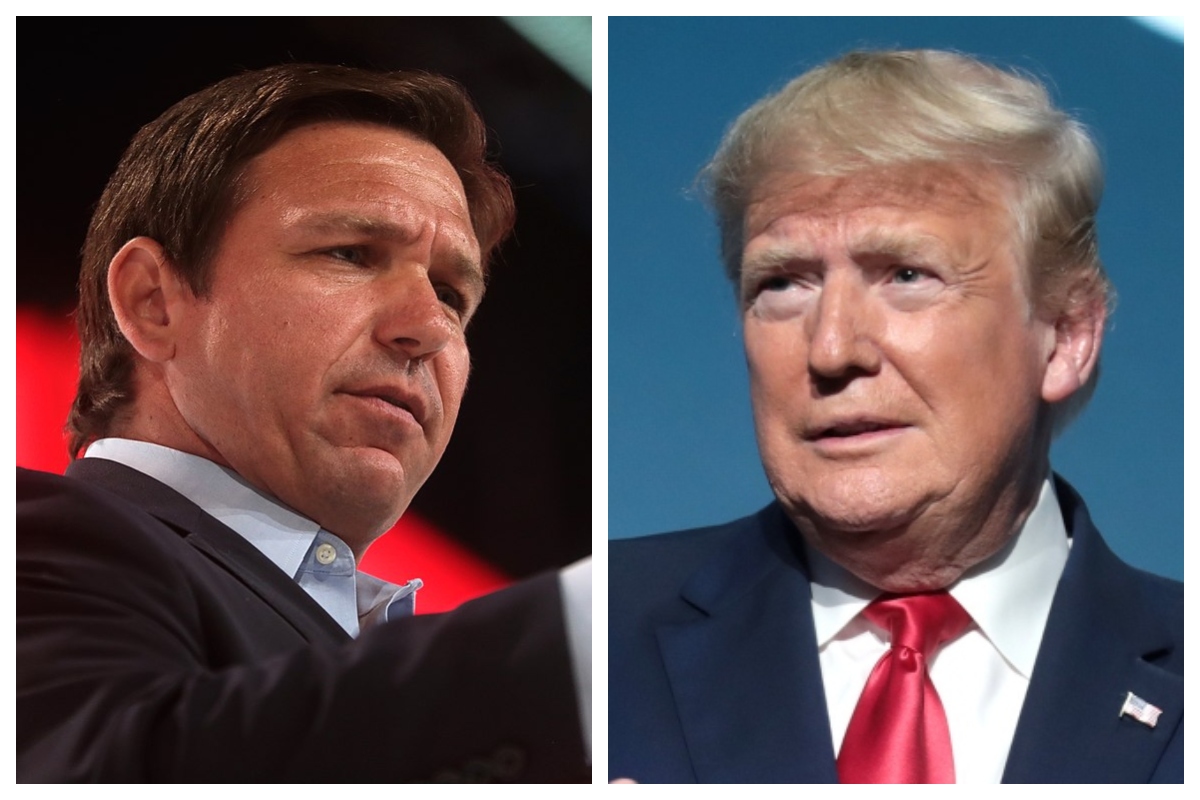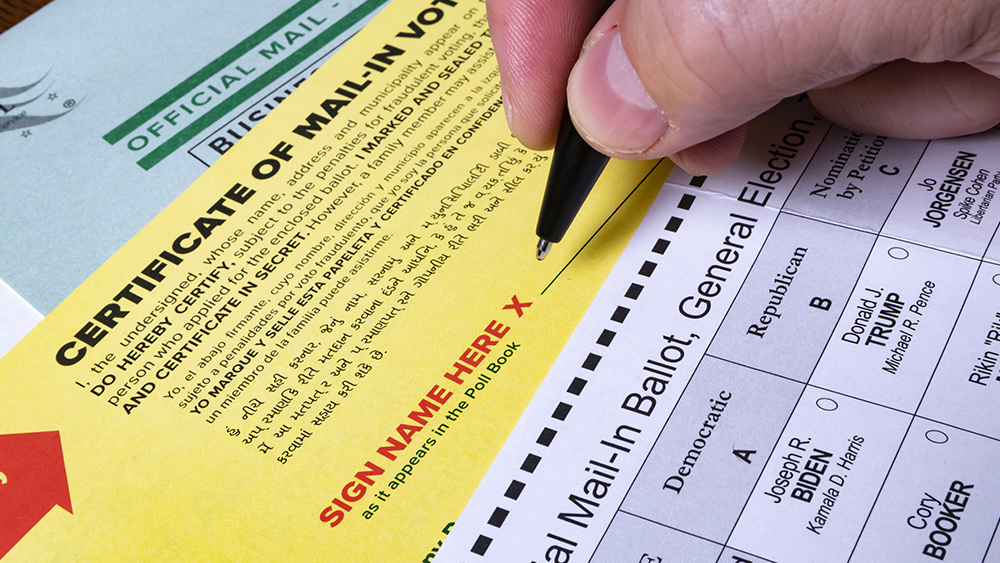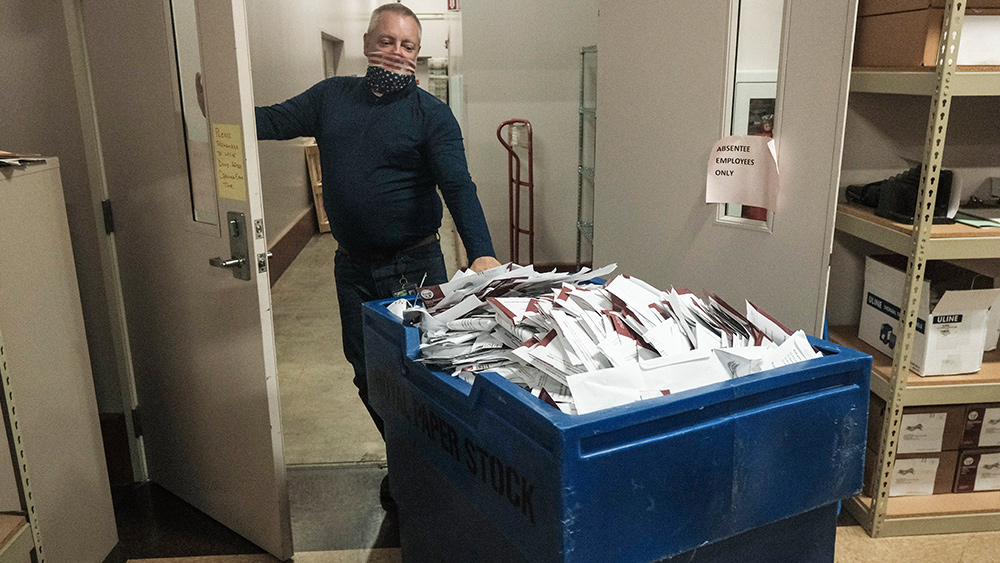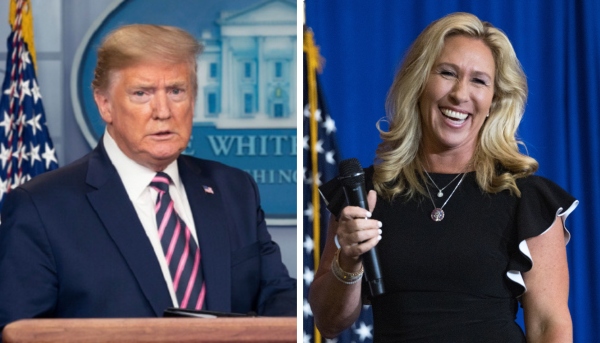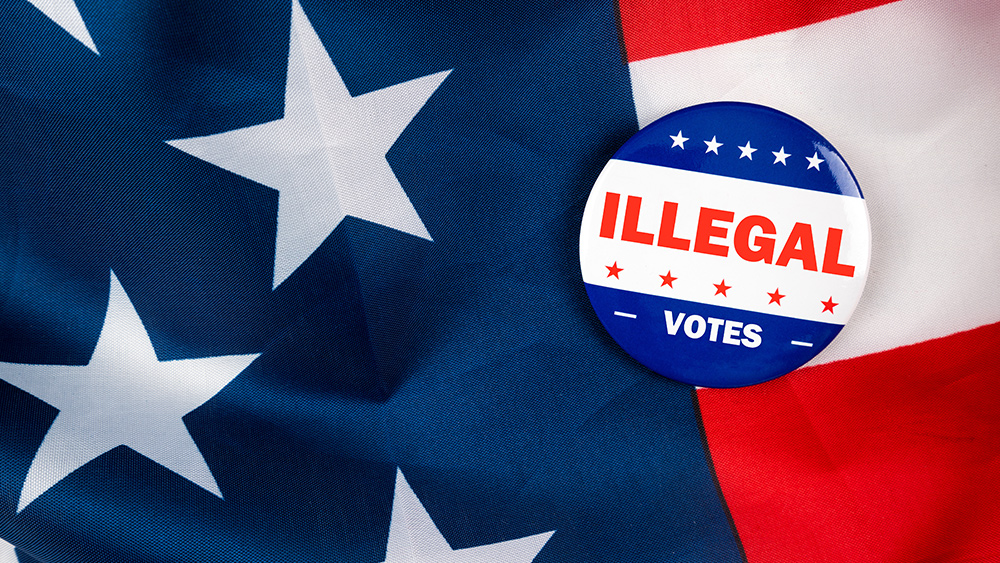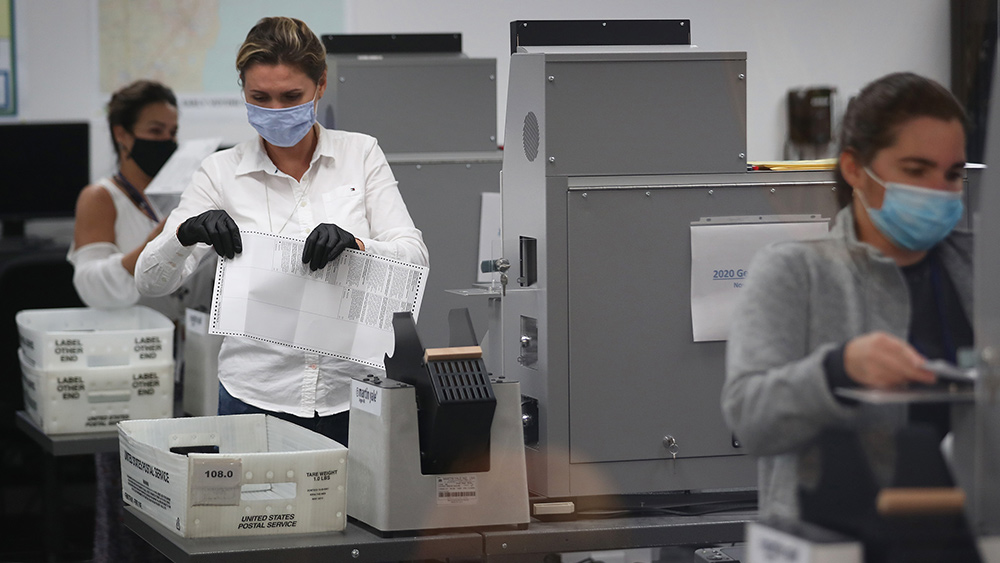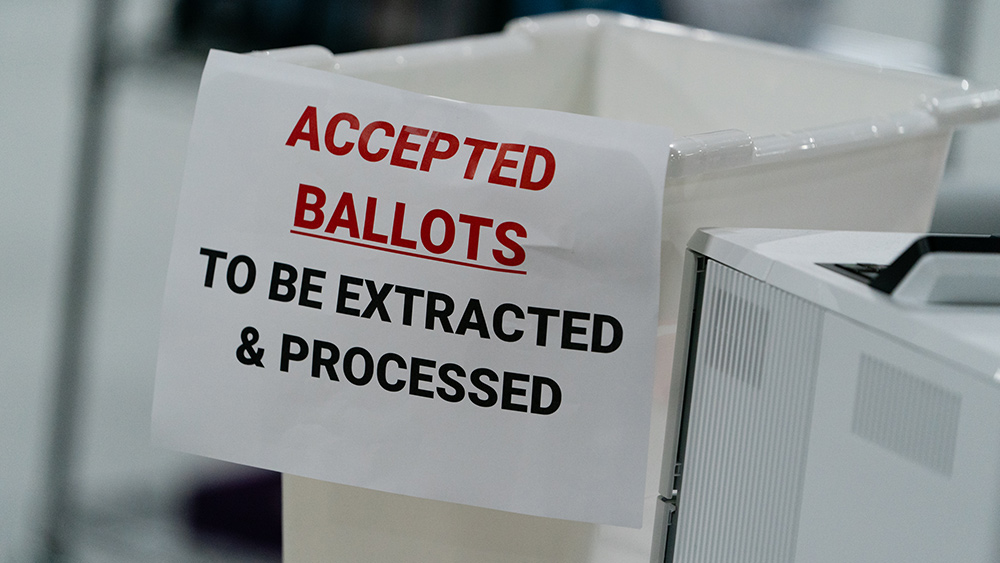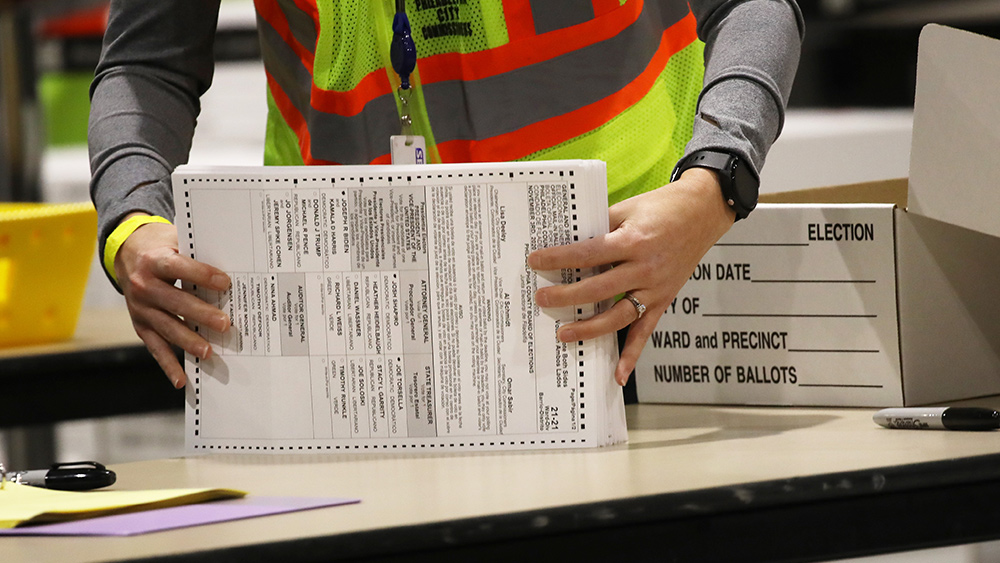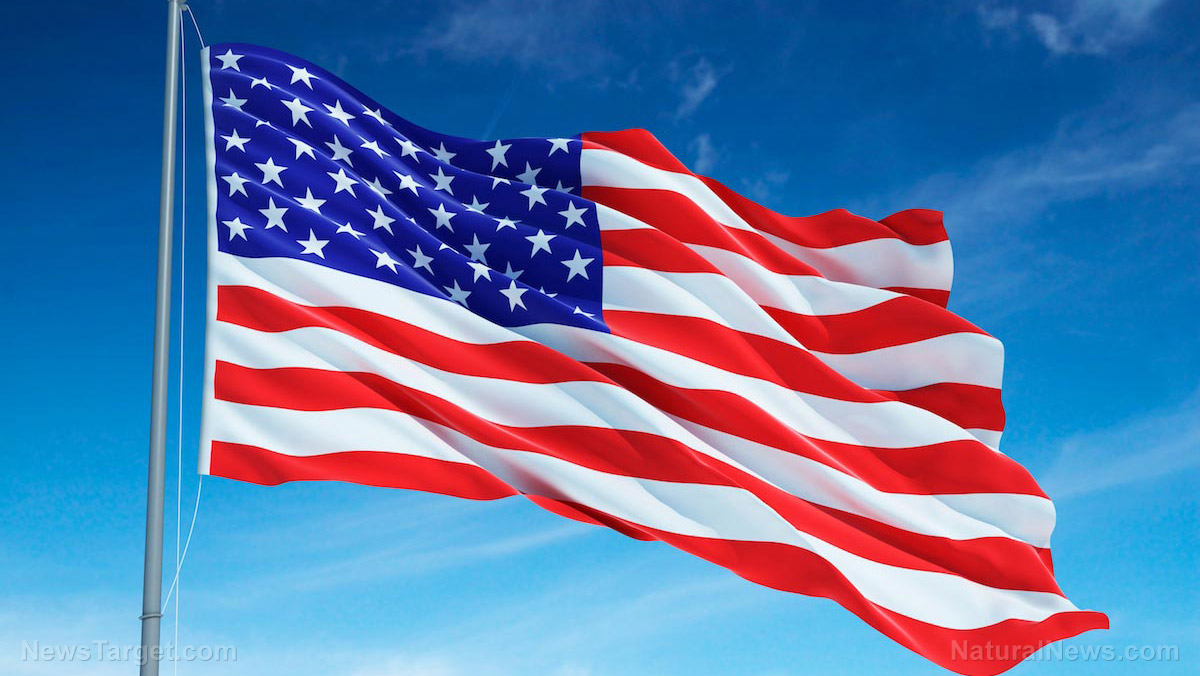New Trump executive order bans American investment in Chinese companies
12/01/2020 / By Franz Walker
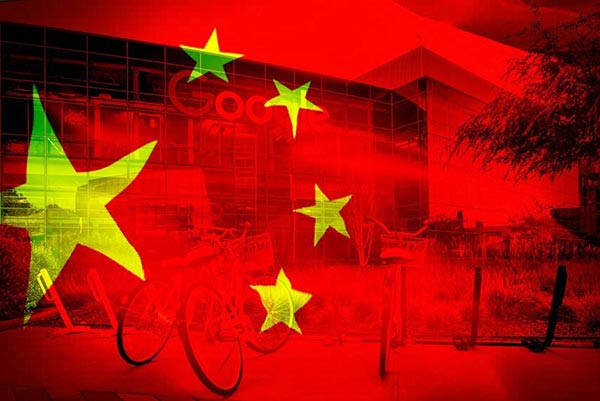
President Donald Trump recently issued an executive order barring U.S. investors from holding ownership stakes in a list of 31 companies believed to have ties with the Chinese military.
The order applies to 31 Chinese companies previously designated by the Pentagon as being “owned or controlled” by China’s People’s Liberation Army (PLA). The companies listed include several prominent Chinese technology, infrastructure and manufacturing companies such as Huawei, China Mobile, China Telecommunications, Sinochem, Hangzhou Hikvision, China Railway Construction Corporation, Inspur Group and the Aviation Industry Corporation of China.
Trump said that American investment in the listed companies was helping China fund its military ambitions. He added that China was “increasingly exploiting United States capital to resource and to enable the development and modernization of its military, intelligence, and other security apparatuses.” He added that these efforts “directly threaten the United States homeland and United States forces overseas.”
The order comes into effect on January 11, 2021. It bans U.S. citizens from purchasing new shares in the listed firms or investing in emerging market funds that include the companies. Current investors who own shares of these companies have until November 11, 2021, to divest their investments.
Billions in American dollars invested in state-linked Chinese firms
Chinese president Xi Jinping has pursued a national strategy of “military-civil fusion.” This draws on both private and state-owned companies to support military and intelligence activities.
This strategy has led U.S. politicians and legislators to take additional precautions against some Chinese companies, regardless of whether or not they’re owned by the Chinese government.
“American capital should not be used to finance the construction of Chinese Communist weapons literally aimed at killing Americans and driving the U.S. military out of Asia,” Peter Navarro, the director of the White House Office of Trade and Manufacturing Policy, said. “This strong action by President Trump puts a stop to that Wall Street insanity.”
An analysis of the ownership of the 31 companies on the list by The Epoch Times reveals that billions in American capital have already flowed into these companies. U.S. investors and financial institutions currently hold shares worth about $14.9 billion, based on closing prices as of Nov. 20.
Majority of that amount is invested in two of China’s biggest telecommunications giants: China Mobile and China Telecom. Approximately $8.1 billion has been invested in the former in both New York-listed American depository receipts and Hong Kong-listed shares. The latter, on the other hand, has the second-largest amount of U.S. capital with $2.3 billion in investment.
The U.S. Department of Defense believes that both firms have links to the PLA.
Order is latest in efforts to “decouple” U.S. economic links to China
Trump’s executive order marks the first time his administration has targetted the financial ties that American entities have to China. It represents another step in the President’s efforts to “decouple” the economic links between the U.S. and China. (Related: Facebook, Twitter and Big Tech make their money in China.)
Before this, the administration had imposed tariffs on hundreds of billions of dollars’ worth of Chinese products. This was in an effort to block imports and encourage U.S. companies to move their operations out of China. Despite this, the financial markets of the two countries have remained closely knit.
But the latter has begun to change under the Trump administration’s scrutiny of American ties to China, including financial links. In August, a government panel recommended forcing Chinese companies to delist from U.S. stock exchanges unless they provide American regulators with more access to their financial records.
“This immense new domain of U.S. leverage over China is now here to stay,” Roger W. Robinsons Jr., the former chairman of the U.S.-China Economic Security Review Commission, established by Congress, said.
Robinson, who is currently the president of RWR Advisory Group, lauded the move as a “historic first” for penalties on capital markets.
According to Martin Chorzempa, a research fellow at the Peterson Institute for International Economics, the order was one of the first steps toward financial decoupling “to actually have any teeth.” But he warned that it would essentially have “zero effect” on Beijing’s ability to fund its military ambitions, stating that China doesn’t rely on U.S. capital markets for this.
Follow CommunistChina.news for more on how American funds are being poured into Chinese companies.
Sources include:
Submit a correction >>
Tagged Under:
China, Chinese Communist Party, communist China, Donald Trump, economics, economy, finance, investment, stock
This article may contain statements that reflect the opinion of the author
RECENT NEWS & ARTICLES
Trump.News is a fact-based public education website published by Trump News Features, LLC.
All content copyright © 2018 by Trump News Features, LLC.
Contact Us with Tips or Corrections
All trademarks, registered trademarks and servicemarks mentioned on this site are the property of their respective owners.


